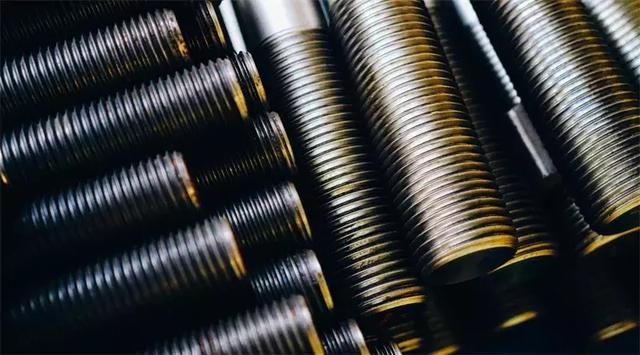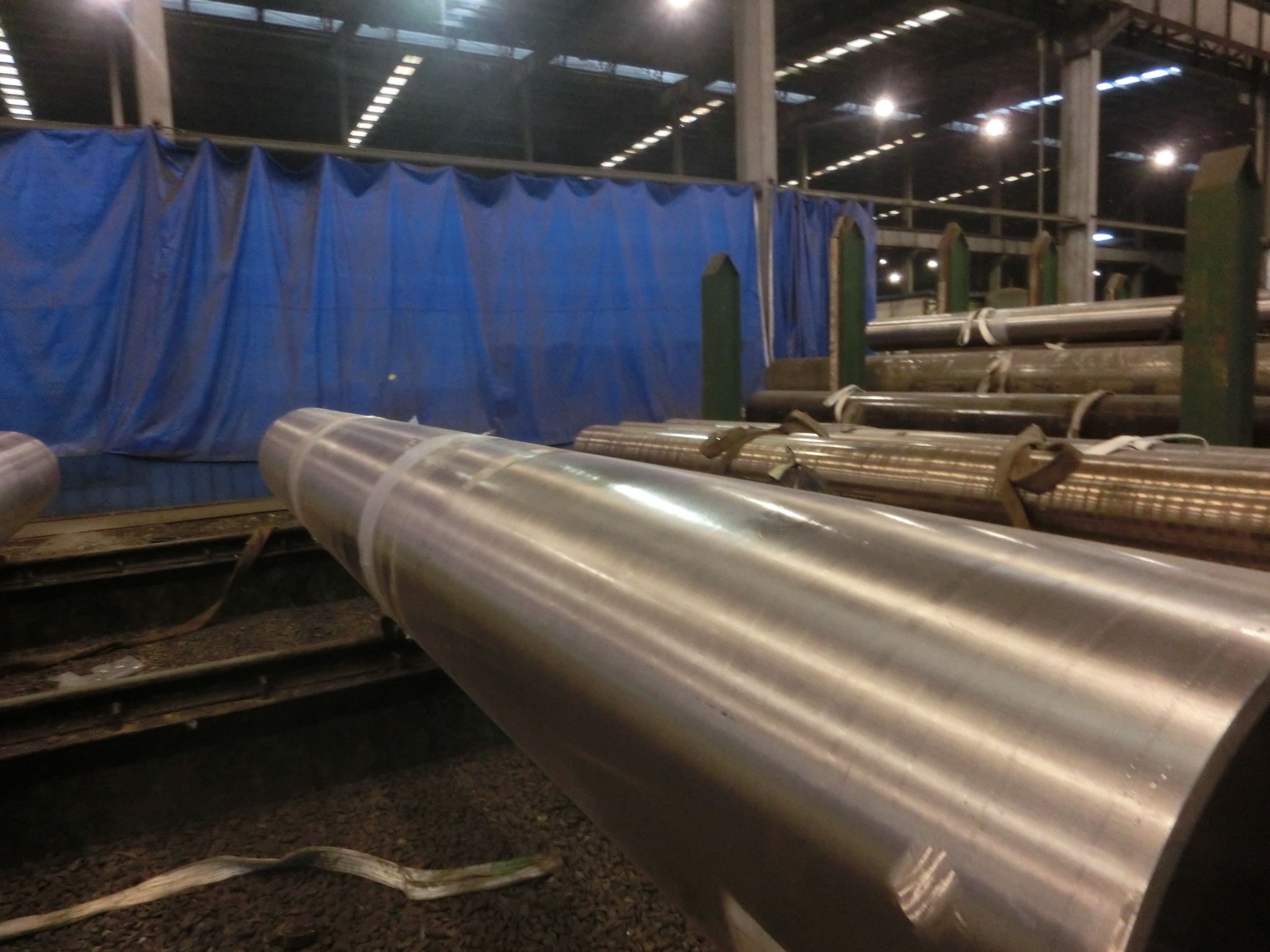In order for the fastener to function better, it requires regular maintenance during use. Regularly cleaning the fasteners will increase the efficiency of the fasteners. However, when cleaning fasteners, we often find some problems, including six common problems.

First, pollution occurs during rinsing
Phenomenon: After the fastener was quenched, it was washed with silicate cleaning agent, then rinsed, and solid matter appeared on the surface. The material was analyzed by infrared spectrometer and confirmed to be inorganic silicate and iron oxide.
Cause: Rinse is not caused by silicate remaining on the surface of the fastener.
Second, the fastener stacking is unreasonable
Phenomenon: The fasteners show signs of discoloration after tempering. After soaking and volatilizing, oily residues will be found. These substances are high-content lipids.
Reason: The fastener is contaminated by cleaning agent and quenching oil during the rinsing period, melts at the heat treatment temperature, leaving a chemical burn scar, which confirms that the surface of the fastener is not clean. The quenching oil analysis results in the mesh belt furnace confirmed that the fasteners were unreasonably stacked due to the improper heating, and the fasteners were slightly oxidized in the quenching oil, which was also associated with the cleaning process.
Third, the surface residue
Phenomenon: White residue on the high-strength screw was analyzed by infrared spectrometer and confirmed to be phosphide.
Cause: No acid cleaner was cleaned and the concentration of lye in the rinse tank was not frequently checked.
Fourth, alkali burns
Phenomenon: high-strength screw quenching residual heat black with a uniform, flat oil black outer surface. There is also a slightly light blue or light red area visible.
Cause: The red area on the tested screw is caused by alkali burn. The alkaline cleaner contains chloride and calcium compounds, which will burn the steel fasteners during heat treatment and leave marks on the fastener surface.
Five, improper rinsing
Phenomenon: For large-size fasteners, the polymer solution is often quenched. Before quenching, it is cleaned and rinsed with an alkaline cleaner. The quenched fasteners have rusted on the inside.
Reason: Analysis by infrared spectrometer confirmed that in addition to iron oxide, there are sodium, potassium and sulfur, indicating that the inside of the fastener has an alkaline cleaning agent, which is likely to be potassium hydroxide, sodium carbonate or the like to promote its growth. rust.
6. Excessive corrosion
Phenomenon: High-strength fasteners often see some black streaks. The fasteners before heat treatment are rinsed with inorganic and organic cleaning agents. After quenching, it is still found that there are still black streaks or even carefully cleaned before heat treatment. Leave stripes.
Reason: The infrared spectrometer was used to analyze the residual particles on the surface and found to have a higher concentration of sulfur and calcium. Using a small amount of acetic acid in isopropanol, a small piece of test filter paper was strongly wiped at the dark spots to leave the black spots on the filter paper. Analysis of the filter paper by infrared spectrometer confirmed that calcium, sulfur, iron, manganese and chromium were the main elements.
We can produce the Boiler Pipe accordng to the ASTM A335 and ASME SA335 standards, such as the P11 steel pipe, P12 steel pipe, P22 steel pipe, P91 steel pipe, P92 steel pipe, P5 steel pipe, P9 steel pipe and P36 steel pipe. Yangzhou Chengde have been sold about 700000 MT boiler pipe to the world in recent 10 years and we share the 70% of export boiler pipe in china.
In the year of 2015, we win the first prize of National Science and Technology Progress Award by the program of [The innovative research & development, and application of steel pipes used in 600 ℃ Ultra-super critical coal power generation unit".
YC has been granted a number of approval certificate by international institutions, such as ASME Nuclear pipe certificate, China Nuclear HAF certificate, 914mm Cylinder certificate, API monogram and certificate, ISO9001 by TUV NORD, ISO14001/OHSAS18001 by CQC, approvals from Shipping Classification Bureaus like DNV, RINA, ABS, Lloyd, GL, Bureau Veritas, and permit of exporting to Europe as PED 2014/68/EU and AD 2000 certificates for pressure pipes, CPD (Construction Products Directive), etc. and these certificates support the development of international sales market.

P11 Pipe,Astm A335 Pipe,P12 Pipe,P92 Pipe
YANGZHOU CHENGDE STEEL PIPE CO.,LTD , http://www.chengdepipe.com